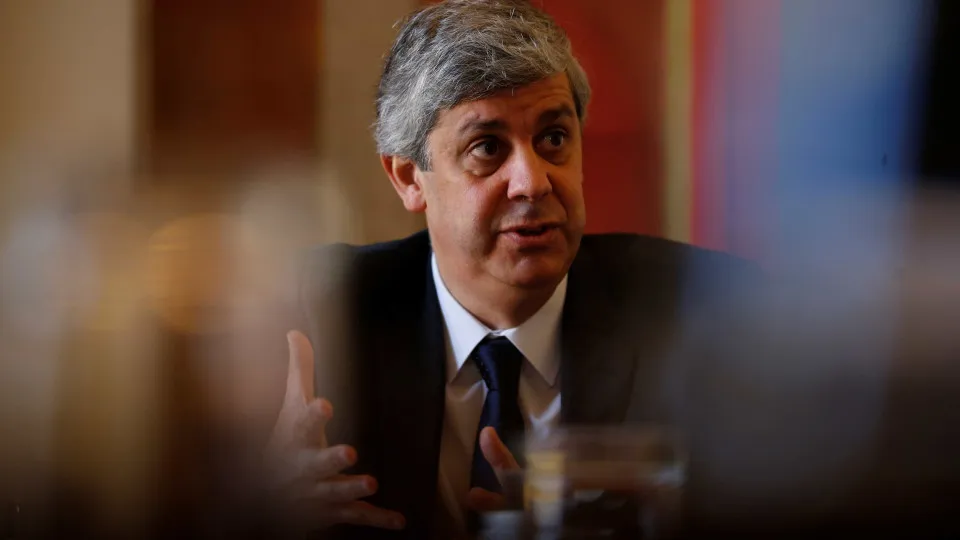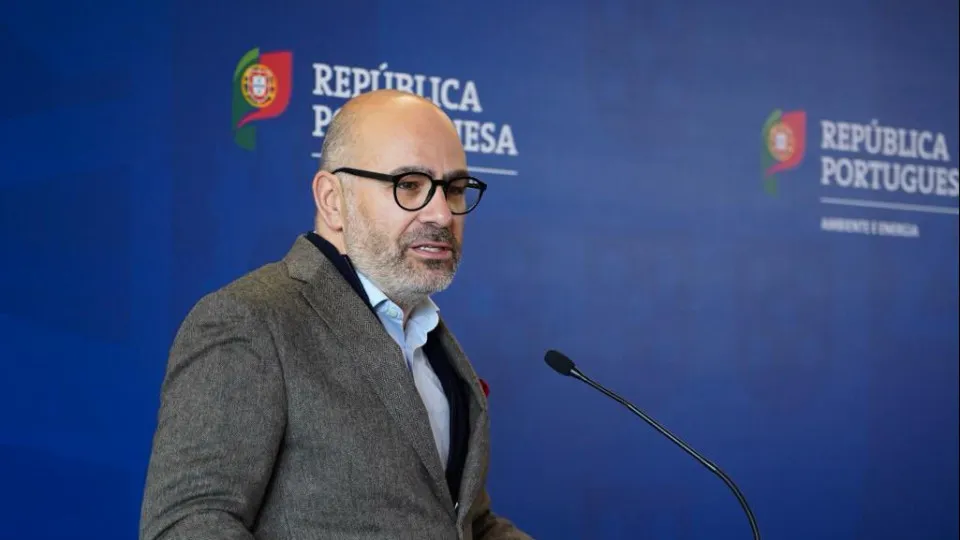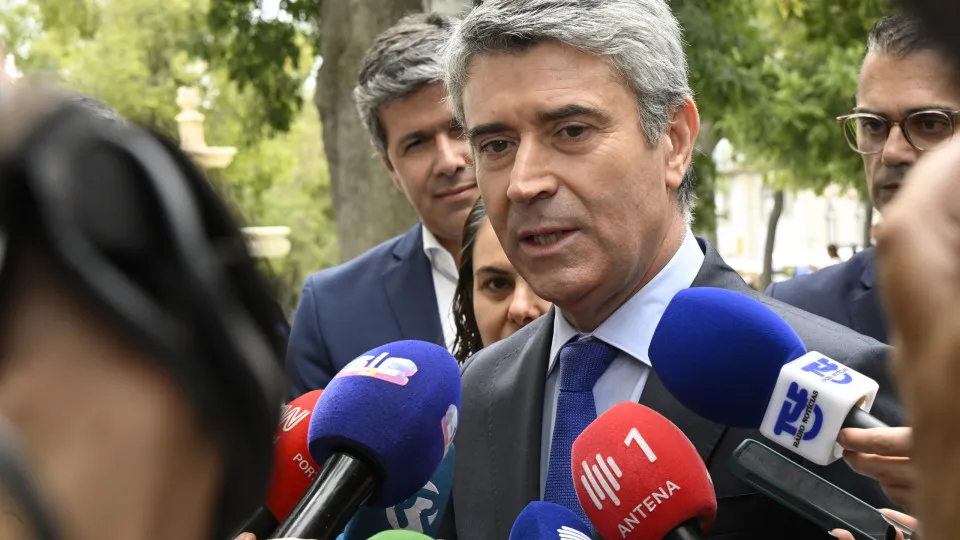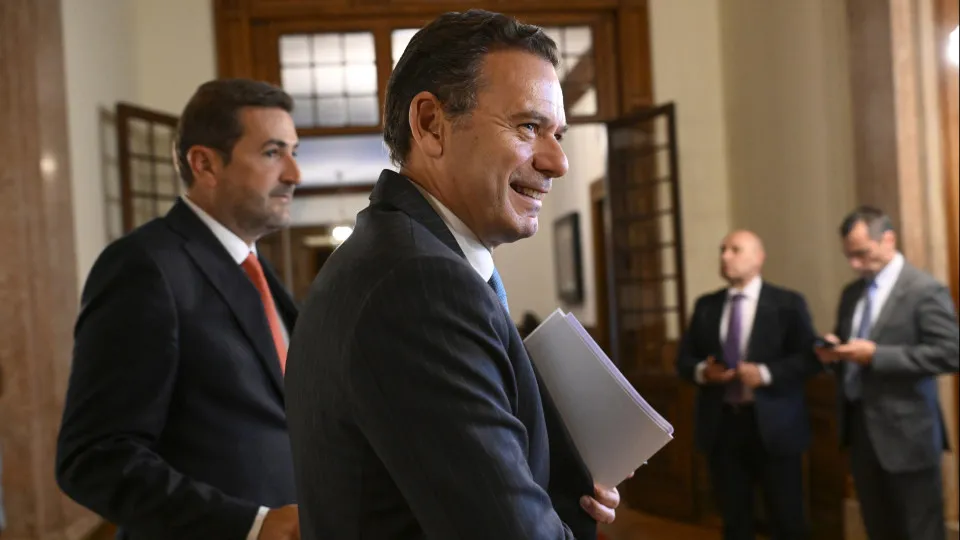
“It is evident that I will remain with the Bank of Portugal. I have been at the Bank of Portugal for 35 years,” stated Mário Centeno upon being questioned by members of the PSD and CDS-PP parliamentary benches regarding whether he will continue working at the central bank.
Centeno was speaking during a hearing at the Budget, Finance and Public Administration Committee (COFAP), summoned to discuss the central bank’s activity plan and, at the request of the CDS-PP, the contract for purchasing the new headquarters of the Bank of Portugal with the insurer Fidelidade.
During the session, deputies Alberto Fonseca (PSD) and Paulo Núncio (CDS-PP) inquired what the current governor intends to do upon his departure from the leadership role, which will be succeeded by the economist Álvaro Santos Pereira, former Minister of Economy under the government of Pedro Passos Coelho.
Paulo Núncio pointed out that Santos Pereira had publicly stated he did not wish for the current governor to remain at the Bank of Portugal, referring to the successor’s claim during a parliamentary hearing on September 17 that “he would never remain in the bank’s structures after being governor.”
After repeated inquiries on the matter, Centeno expressed his intention to continue, expecting that his career be respected.
“Do you know what 35 years mean? Do you know what a 35-year career entails? Are you prepared to respect a 35-year career?” he asked, adding, “I believe everyone will be willing to respect my professional past.”
Initially, the current governor cited examples of former members of the board who transitioned to consultancy roles after their tenure, mentioning Helder Rosalino (former director), José de Matos (former vice-governor), Pedro Duarte Neves (former vice-governor), and Vítor Constâncio (former governor).
“My case is no different,” he remarked, although he did not specify whether this would occur in his case.
Later, Paulo Núncio revisited the matter, asking if he would continue at the institution. Centeno initially refrained from answering.
Faced with the lack of clarification, PSD deputy Alberto Fonseca pressed on the issue, as did Paulo Núncio, prompting Centeno to eventually confirm he would stay at the Bank of Portugal.
Paulo Núncio also questioned Centeno about whether the current chief of staff, Álvaro Novo, present at the hearing, had been appointed to a “senior position” during the last board meeting held this week.
Centeno initially avoided the topic, leading the parliamentary member to persist for clarification.
The governor replied, “Professor Álvaro Novo will not be dismissed from the Bank of Portugal.” Faced with this response, the deputy pressed for a straightforward answer. “Was he appointed or not, governor? Answer for the sake of transparency,” urged Paulo Núncio.
The governor stated he had already responded, adding, “If Professor Álvaro Novo ceases to be chief of staff, he will assume another role. If the deputy considers this an appointment, [then yes], he was [appointed to a role by the Board of Administration].”
Centeno previously served as a consultant to the Bank of Portugal’s administration between December 2013 and November 2015, after stepping down as deputy director of the Department of Economic Studies at the Bank of Portugal, and before his term as Minister of Finance (under the PS governments of António Costa).
The government announced on July 24 that the next governor will be Santos Pereira. The economist was heard in parliament on September 17, a necessary step for designation by the executive, and today COFAP issued a positive opinion on his appointment.




